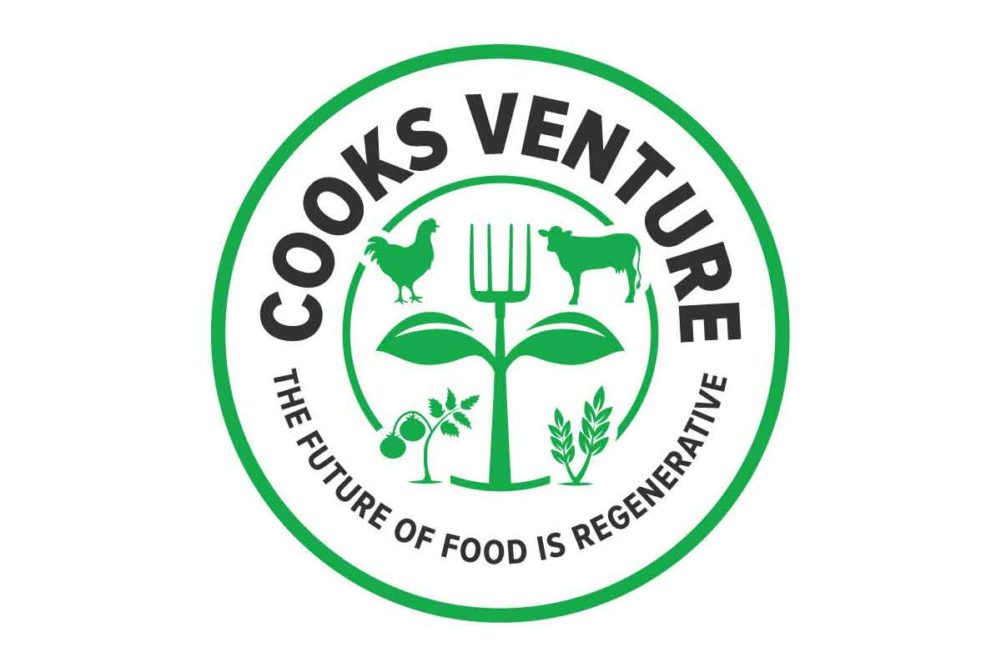KANSAS CITY, Mo. – Food is Matt Wadiak’s passion. He’s a graduate of The Culinary Institute of America in Hyde Park, New York, in 1999. He and some friends sold truffles to supplement their income while working in some of the best kitchens in the United States. In fact, he is an alumni of Oliveto which, at the time, was run by Chef Paul Bertolli who worked at Chez Panisse and co-authored Chez Panisse Cooking with restaurant founder and industry icon Alice Waters.
But in 2004, Wadiak, Matt Salzberg and Ilia Papas disrupted the grocery industry with a little venture called Blue Apron.
Food delivery was nothing new, but Blue Apron upended the concept by bringing the experience of dining out into consumers’ homes. Instead of takeout, Blue Apron delivered a box of fresh ingredients for one or more meals along with a step-by-step recipe and photos illustrating how to cook the meal. The meal kit craze was on, and Blue Apron was at the center of it.
Wadiak managed the company’s supply chain, and early on he ran into a challenge: He couldn’t find foods that he could feel good about serving to his family and friends. So, he developed partnerships with 250 farmers that could produce the foods, and the quality, he wanted.
After nearly 15 years, Wadiak stepped back from his executive role as chief operating officer in the company he co-founded to serve in an advisory capacity.
But Wadiak’s mission always has been to transform the food system in this country. Blue Apron was part of that vision — he wanted consumers to cook more and think differently about how food is produced. With that mission in mind he created a new company called Cooks Venture. The company’s farm is more than 800 acres of wooded land in Arkansas. The site supports a hatchery, the company’s proprietary breed of chicken, called the Pioneer and barns. Cooks Venture processes 700,000 chickens per week, but there’s more to this chicken operation than birds and barns.
Wadiak says he launched Cooks Venture last year because he saw agriculture as an untapped opportunity to make an impact on climate change using regenerative agriculture practices. Regenerative agriculture is a farming system that draws on soil rehabilitation and conservation methodologies to improve water quality, increase biodiversity and help capture carbon in the soil, among other benefits.
Wadiak talked to MEAT+POULTRY about how his background fit into the company and what he sees as flaws in the current food system.



